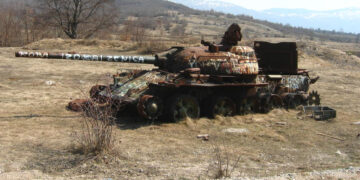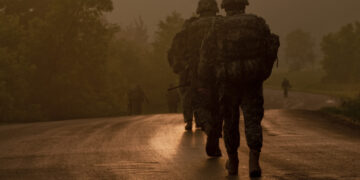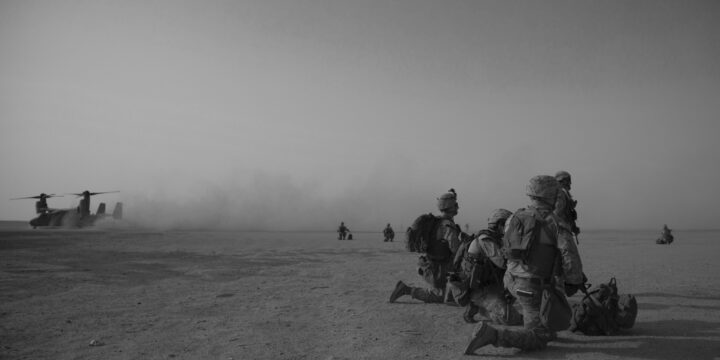September 5, 2024
Syria’s Tribal Violence Threatens U.S. Troops
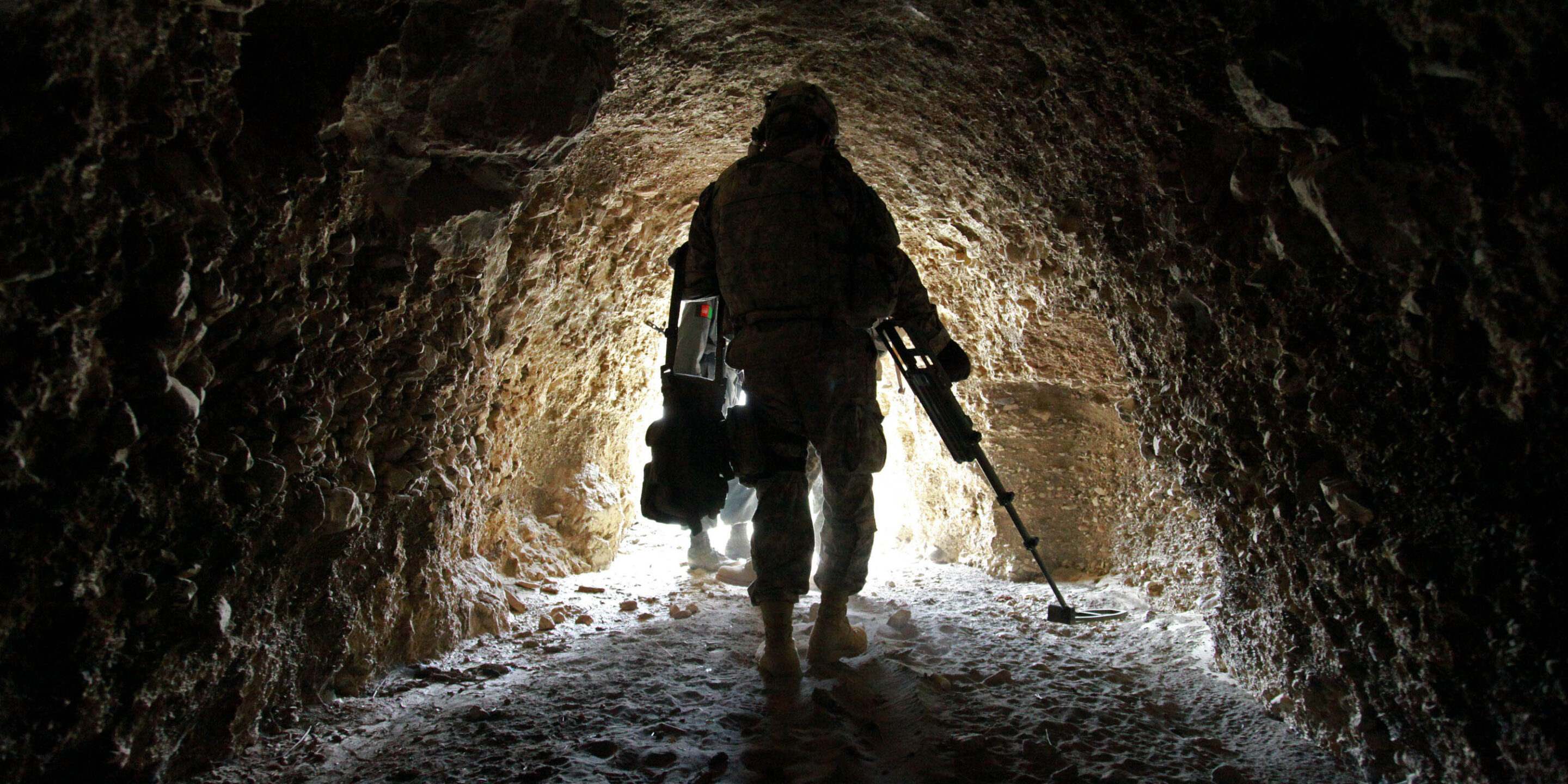
In early August, northeast Syria experienced a major uptick in violence unseen since nearly identical fighting broke out between the U.S.-backed Syrian Democratic Forces (SDF) and local Arab tribes one year ago. The latest outbreak offers a crucial case study on a common dynamic in Syria after roughly thirteen years of conflict—namely, the frequent increase in violence stemming from unresolved issues in what many describe as a “frozen” conflict. Such dynamics inhibit efforts to end the crisis, leaving Syrians and international forces in the country trapped in what can only be described as a low-level quagmire for all involved—especially the 900 U.S. troops deployed to the country.
The latest round of hostilities between the SDF and regime-aligned Arab tribes began as early as August 6, with numerous tribal fighters crossing the regime-held eastern bank of the Euphrates River in Syria’s northeastern Deir Ezzor Governorate. The attack focused on many of the same towns as the year prior, spanning most of the governorate’s riverbank cities from Kobar to Al Bagouz, alongside fighting as far north as Sur. Heavy fighting concentrated on major towns in the central part of the governorate—specifically al-Sabhah, al-Busayrah, al-Shuhail, Dhiban, al-Tayyanah, Abu Hardoub, Abu Hammam, al-Kishkiyah, and Gharanij.
The SDF responded to the attacks by blockading regime-held security zones in Hassakeh and Qamishli—centers of power for the group, given the large Kurdish populations there. The decision to lay siege to these areas resembles similar SDF actions in the past when tensions escalated with the regime of Syrian President Bashar al-Assad and his allies. Such moves, alongside crossline trade closures, are designed to heap pressure on the regime for eventual negotiations to end disputes—tactics the regime replicates.
Read article in The National Interest
Author

Alexander
Langlois
Contributing Fellow
More on Middle East
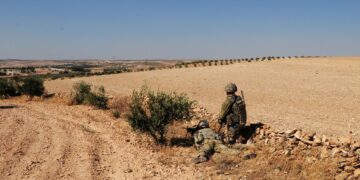
Featuring Dan Caldwell
December 17, 2024

By Charles Peña
December 16, 2024


